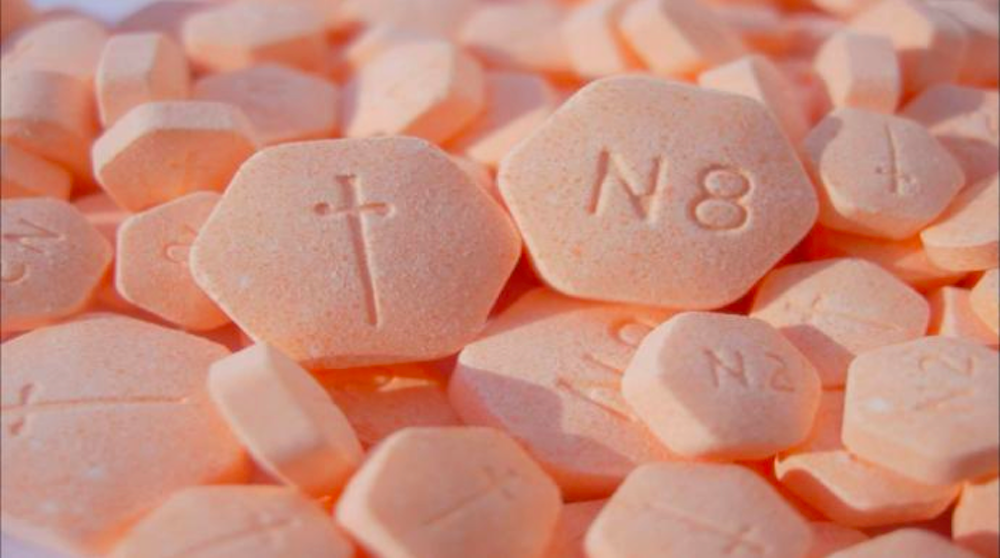
The movement to deregulate drugs that treat opioid addiction is gaining steam in New York with the support of 18 state public health directors and U.S. Rep. Paul Tonko, who will soon introduce federal legislation to make it easier for doctors to prescribe medications like buprenorphine.
Currently, prescribers need special training and permission to give out addiction treatment drugs which they don’t need to prescribe opioid pain medications like oxycodone. The proposed bill would remove that extra barrier.
“These professionals can use their training and skill and ability to provide medication for treatment of pain,” said Tonko to STAT News. “But when it comes to addressing the illness of addiction, they have to jump through additional hoops.”
Buprenorphine, a major ingredient in medications like Suboxone, is an opioid initially designed to relieve pain without producing as many side effects as morphine. Though it is possible to abuse and become addicted to buprenorphine, opioid-tolerant individuals are generally unable to get high on controlled doses. It can therefore be used to treat cravings and withdrawal symptoms without getting patients high.
Opponents have expressed concern that deregulation could result in an increase in diversion and misuse of these drugs. However, addiction experts say that most illegal use of buprenorphine and similar drugs is used to treat addiction rather than for recreation. If access to addiction-treating drugs is expanded, they argue, non-prescription use should decrease.
“We want people to be getting medication from health care providers,” says addiction medicine specialist Dr. Sarah Wakeman. “The question with buprenorphine diversion is how you best reduce its non-prescribed use—and the answer is probably expanding access to treatment.”
Less than 7% of health professionals hold the DEA waivers necessary to prescribe addiction treatment medications. Currently, physicians need to go through an extra eight hours of training in order to obtain these waivers, and nurses and physician assistants have to complete 24 hours of training.
The lack of available prescribers means that even those who seek out addiction treatment may have to see a different health professional just to obtain a prescription for buprenorphine.
In March 2019, two physicians published a call for the deregulation of buprenorphine, saying that it could save thousands of lives. They cited the example of France, which removed additional restrictions on prescribing opioid addiction treatment drugs in 1995 and saw an 80% decrease in opioid overdose cases in the following years.
With opioid overdose deaths in the U.S. drawing close to 50,000 each year, even “just” a 50% decrease could save tens of thousands of lives.
